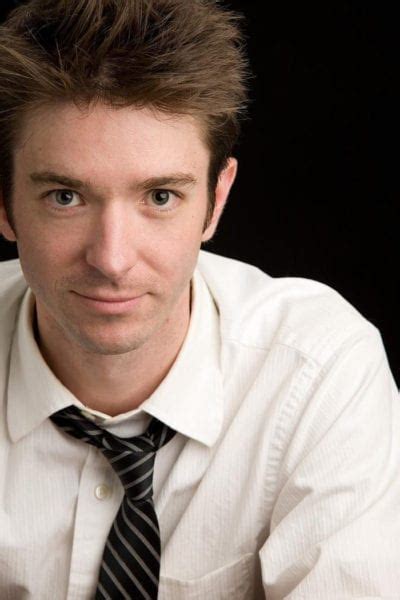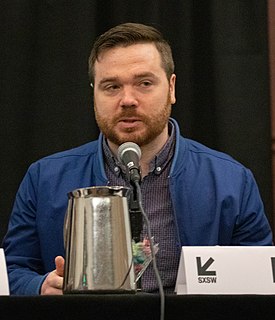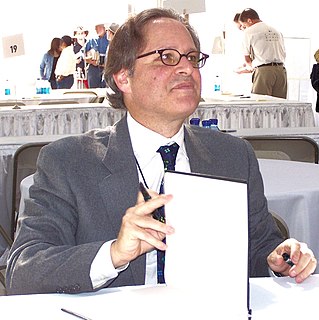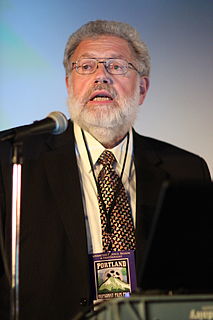A Quote by Travis Nichols
The most fundamental attack on freedom is the attack on critical thinking skills. Comments display our universal failure to teach and value critical thinking, leaving the possibility open that both everything and nothing could be true.
Related Quotes
My background is in arts education and we know, absolutely for a fact, that there is no better way for kids to learn critical thinking skills, communication skills, things like empathy and tolerance. This is true across every boundary, across cultural boundaries, across socioeconomic, it's a great leveler in terms of unifying our world.
Part of what we have to do a better job of, if our democracy is to function in a complicated diverse society like this, is to teach our kids enough critical thinking to be able to sort out what is true and what is false, what is contestable and what is incontestable. And we seem to have trouble with that. And our political system doesn't help.
Trust is the foundation of real teamwork. And so the first dysfunction is a failure on the part of team members to understand and open up to one another. And if that sounds touchy-feely, let me explain, because there is nothing soft about it. It is an absolutely critical part of building a team. In fact, it’s probably the most critical.
In some of the classes, especially the introductory religion courses I took, the professors can veer into a particular strain of religious anti-intellectualism. Professors typically aren't given tenure at Liberty, so there's pressure to hew to the party line on religious and social issues. I didn't see a whole lot of my professors encouraging critical thinking among their students. Which isn't to say that students don't engage critical thinking skills at Liberty - just that it wasn't part of my classroom experience there.
When people conceptualize a cyber-attack, they do tend to think about parts of the critical infrastructure like power plants, water supplies, and similar sort of heavy infrastructure, critical infrastructure areas. And they could be hit, as long as they're network connected, as long as they have some kind of systems that interact with them that could be manipulated from internet connection.





































